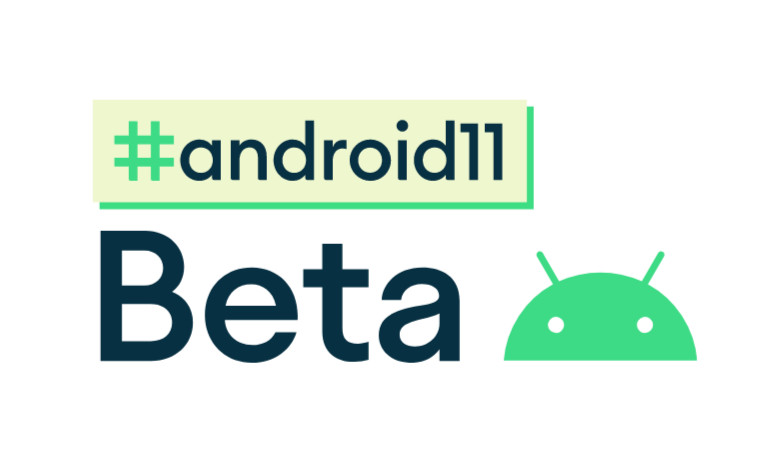
Google has released Android 11 Beta 1 update for Pixel phones, after the DP3 release in April. This was announced by a blog post since the Android 11 Beta Show that was supposed to happen on June 3rd got cancelled. The first Beta of Android 11 focused on three key themes: People, Controls, and Privacy.

In Android 11 all the conversations across multiple messaging apps are moved to a dedicated space in the notification section. It also introduces Bubbles, a new feature to help you respond and engage with important conversations without switching back and forth between your current task and the messaging app. In addition, when you type using Gboard in Android 11, you’ll get relevant and automatic suggestions for emoji and text.

You can now quickly access and control your smart devices in one place by long pressing on the power button. There are also new media controls, making it quick and convenient to switch the device your audio or video content is playing on.

Android 11 has even more granular controls for the most sensitive permissions. With one-time permissions you can grant apps access to your microphone, camera or location, just that one time. Android 11 also brings more features such as screen recorder, updated Voice Access, improved performance, and an improved share menu that makes it easier to share content from your phone.
Android 11 beta 1 is available for Pixel 2, 3, 3a, or 4 device. It will roll out over-the-air if you had already signed up for beta. You can also download it manually from Android developer site. Google said that it will be available for other devices in the coming weeks. Beta 2 will be available in July, third and final beta will release in the third quarter before the final stable release. Check out the complete features below.
People: Android is now more people-centric and expressive, reimagining the way we have conversations on our phones, and building an OS that can recognize and prioritize the most important people in your life:
- Conversation notifications appear in a dedicated section at the top of the shade, with a people-forward design and conversation specific actions, such as opening the conversation as a bubble, creating a conversation shortcut on the home screen, or setting a reminder.
- Bubbles help users to keep conversations in view and accessible while multitasking. Messaging and chat apps should use the Bubbles API on notifications to enable this in Android 11.
- Consolidated keyboard suggestions let Autofill apps and Input Method Editors (IMEs) securely offer context-specific entities and strings directly in an IME’s suggestion strip, where they are most convenient for users.
- Voice Access, for people who control their phone entirely by voice, now includes an on-device visual cortex that understands screen content and context, and generates labels and access points for accessibility commands.
Controls: the latest release of Android can now help you can quickly get to all of your smart devices and control them in one space:
- Device Controls make it faster and easier than ever for users to access and control their connected devices. Now, by simply long pressing the power button, they’re able to bring up device controls instantly, and in one place. Apps can use a new API to appear in the controls.
- Media Controls make it quick and convenient for users to switch the output device for their audio or video content, whether it be headphones, speakers or even their TV. You can enable this today from Developer Options, and it will be on by default in an upcoming Beta release.
Privacy: Android 11 gives users even more control over sensitive permissions and working to keep devices more secure through faster updates.
- One-time permission lets users give an app access to the device microphone, camera, or location, just that one time. The app can request permissions again the next time the app is used.
- Permissions auto-reset: if users haven’t used an app for an extended period of time, Android 11 will “auto-reset” all of the runtime permissions associated with the app and notify the user. The app can request the permissions again the next time the app is used.
- Background location: In February, we announced developers will need to get approval to access background location in their app to prevent misuse. We’re giving developers more time to make changes and won’t be enforcing the policy for existing apps until 2021.
- Google Play System Updates, launched last year, lets us expedite updates of core OS components to devices in the Android ecosystem. In Android 11, we more than doubled the number of updatable modules, and those 12 new modules will help improve privacy, security, and consistency for users and developers.
Developer friendliness
- Gated most breaking changes until you target Android 11 (so they won’t take effect until you explicitly change your manifest)
- Added new UI in developer options to let you toggle many of these changes for testing
- Added a new Platform Stability release milestone where all API and behavior changes will be complete, so you can finalize your app updates knowing the platform is stable.
